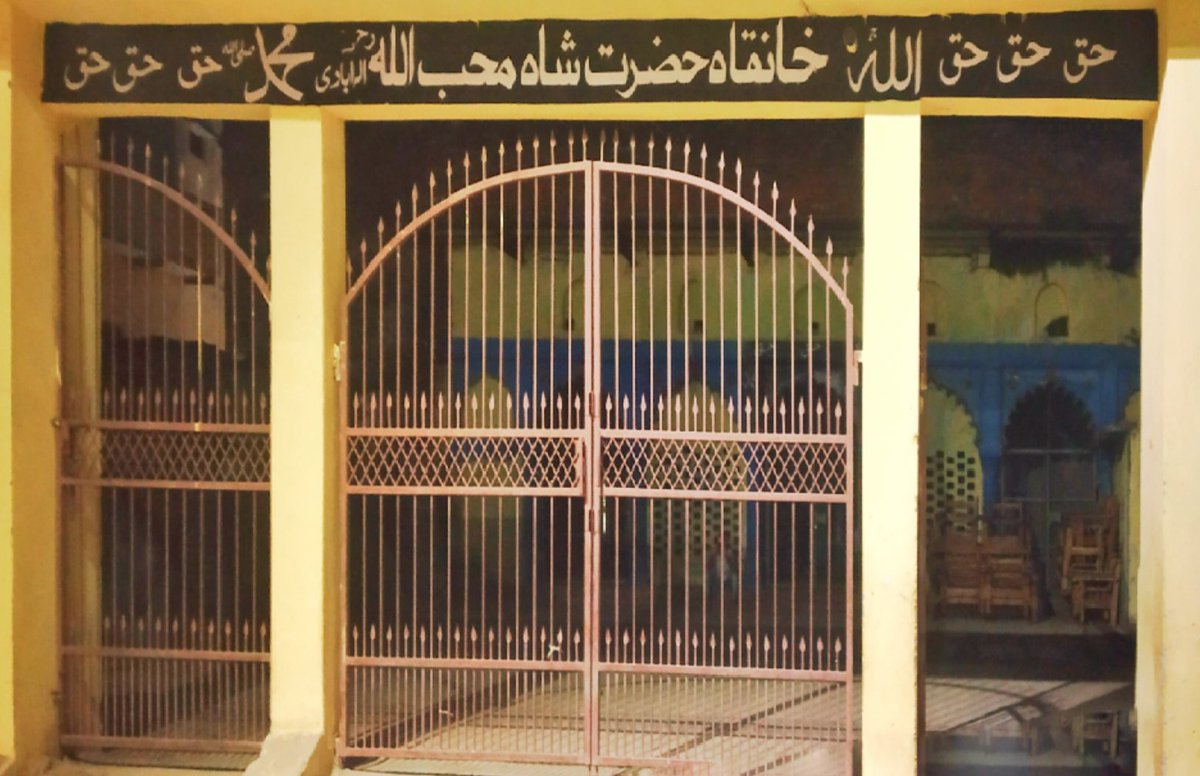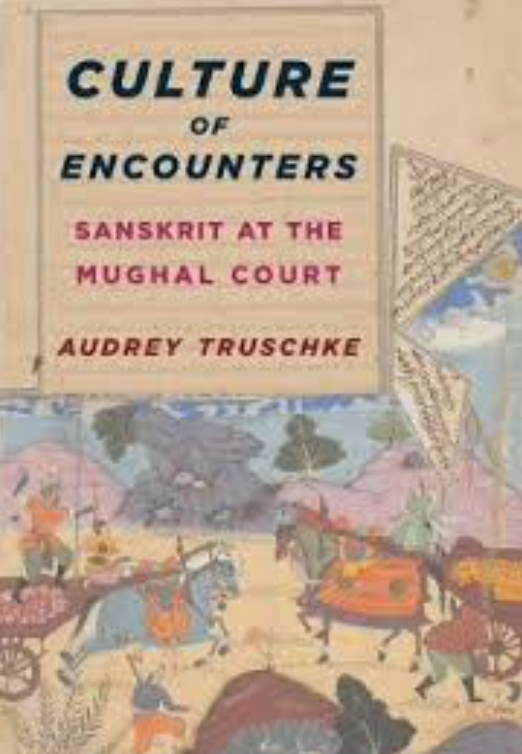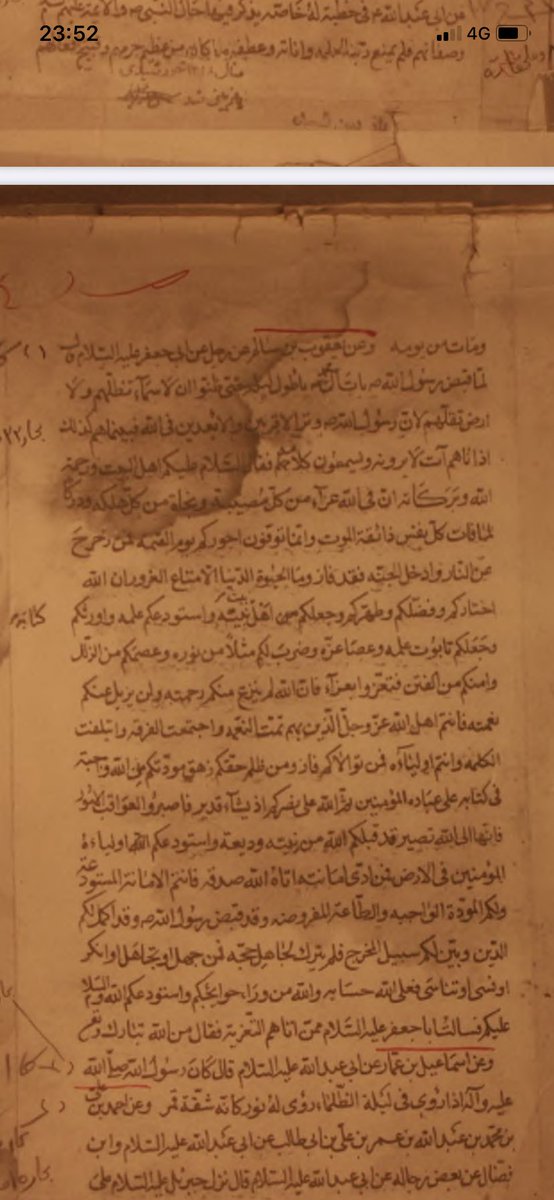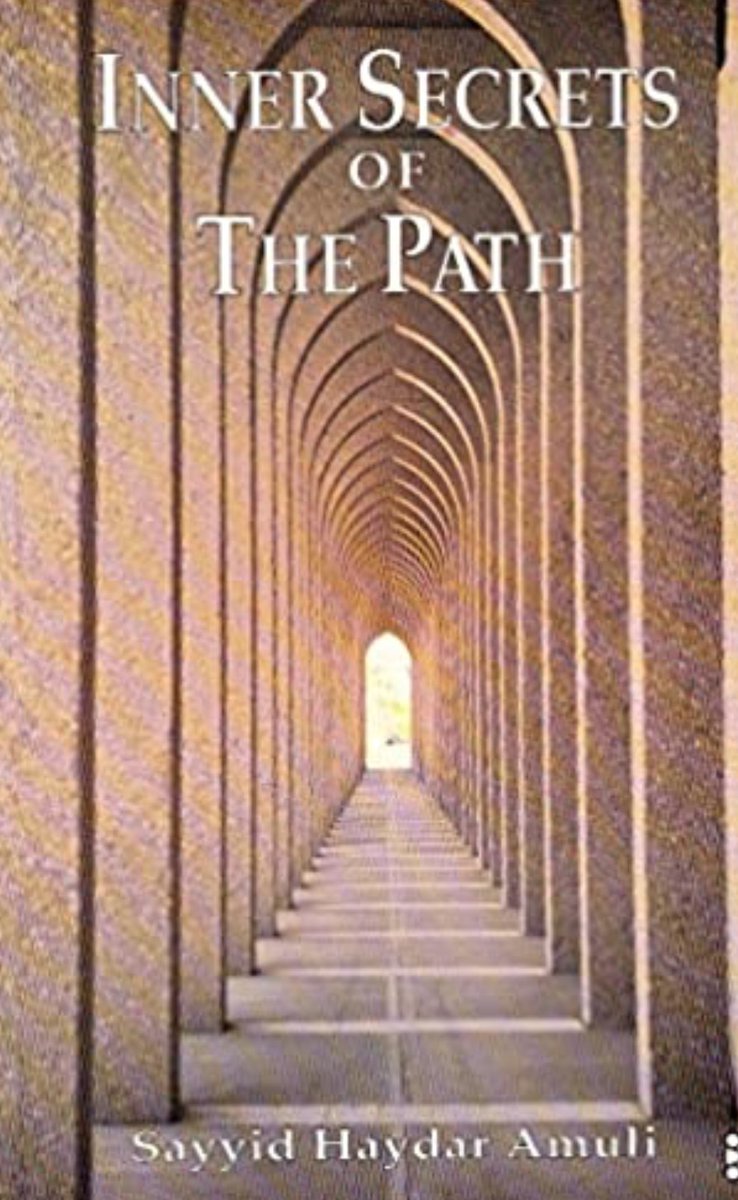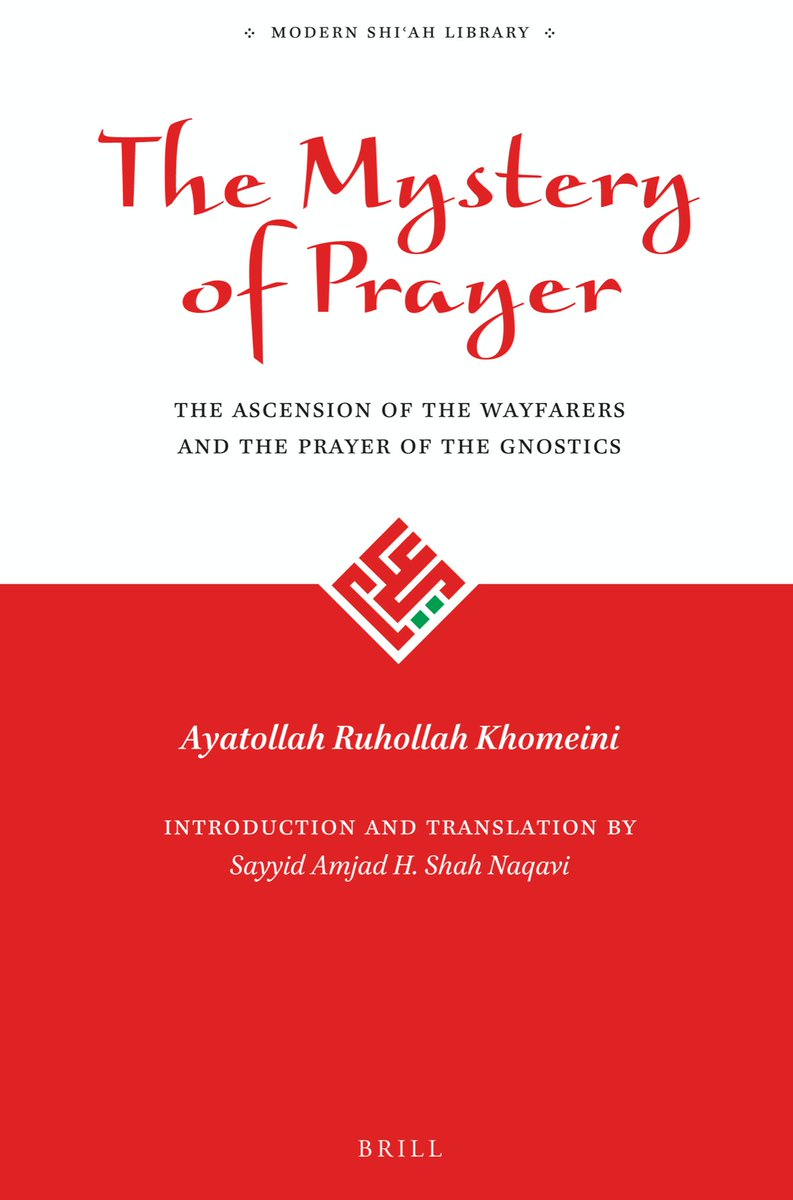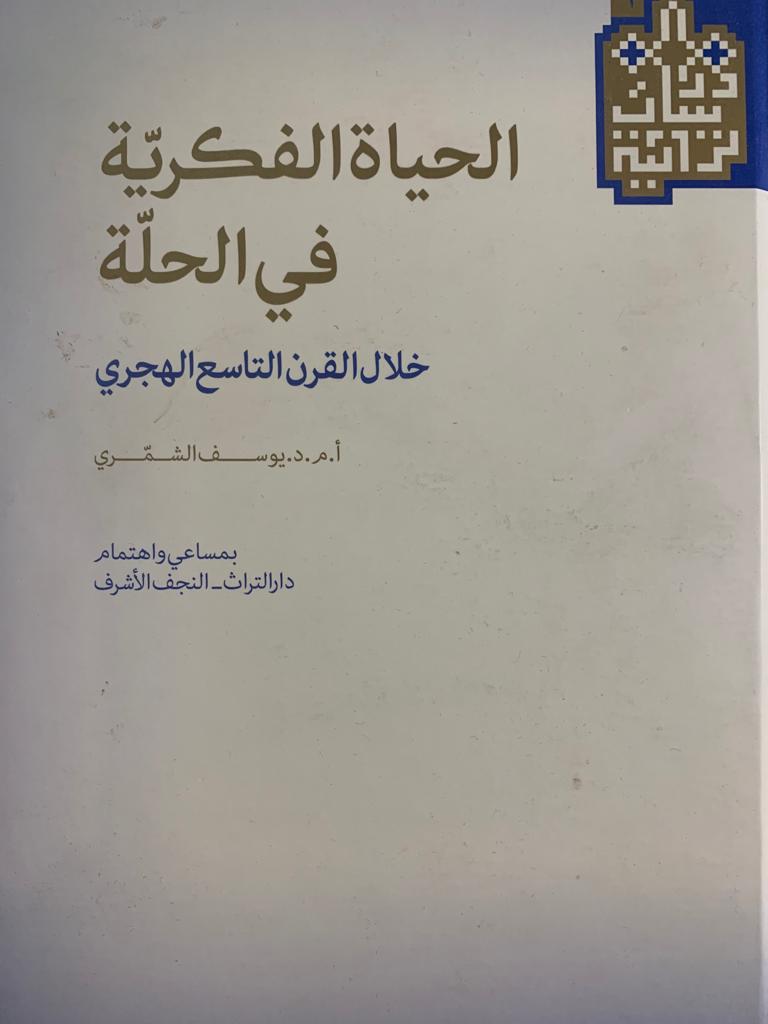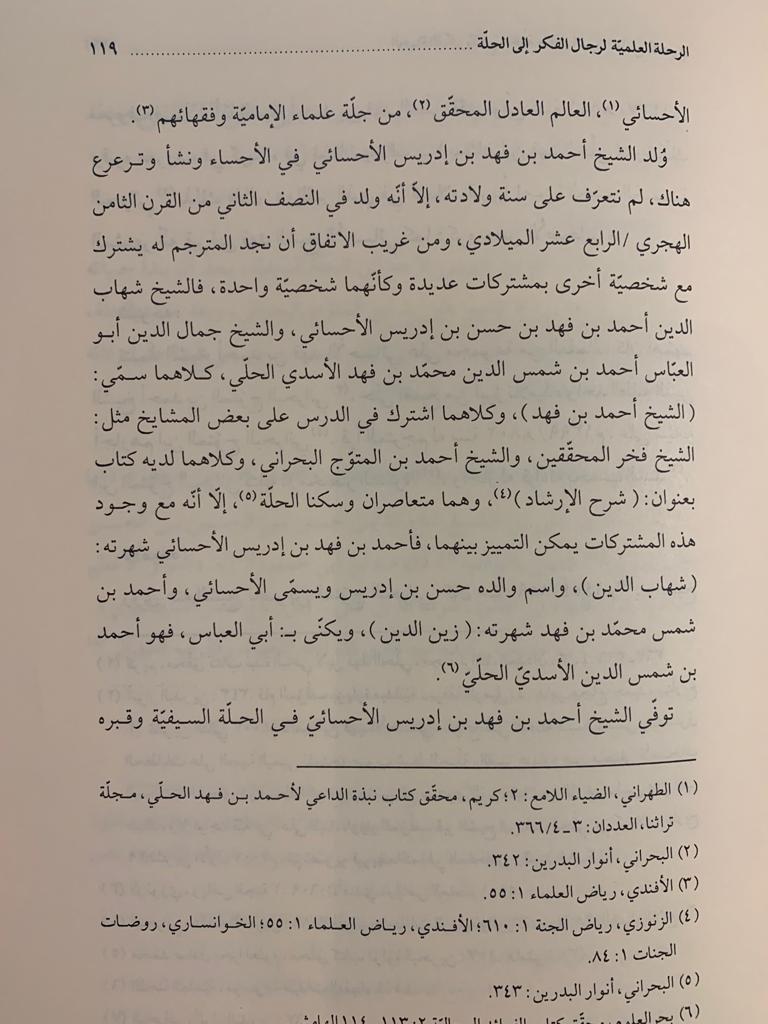
Slowly it seems that interest in Islamic thought - the rational disciplines including philosophy and logic - in India is growing, and the recent book by Shankar Nair is a good indication towards it #IslamicPhilosophy #India 1/
His chapter in the Oxford Handbook of Indian Philosophy is also a very positive approach; now a number of older works discussed the contributions of Indian scholars to the intellectual traditions in Islam oxfordhandbooks.com/view/10.1093/o… 2/ 

Apart from works that focused on outlining the texts in the curricula and method known as the dars-e niẓāmī of which there are plenty especially in Urdu and some mentions in works by Francis Robinson and Jamal Malik brill.com/view/title/150 3/ 
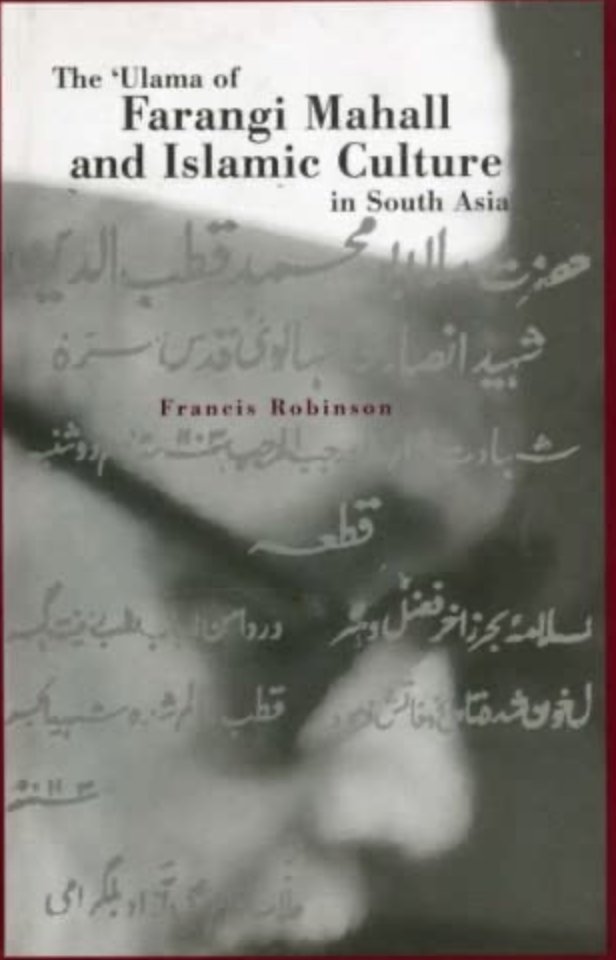
Two works stand out: Zubaid Ahmad's The Contribution of Indo-Pakistan to Arabic Literature, originally a London PhD in 1929, and Sayyid ʿAbd al-Ḥayy al-Ḥasanī (d. 1923), the rector of Nadwat al-ʿulamāʾ in Lucknow's al-Thaqāfa al-islāmīya fīʾl-Hind 4/ 

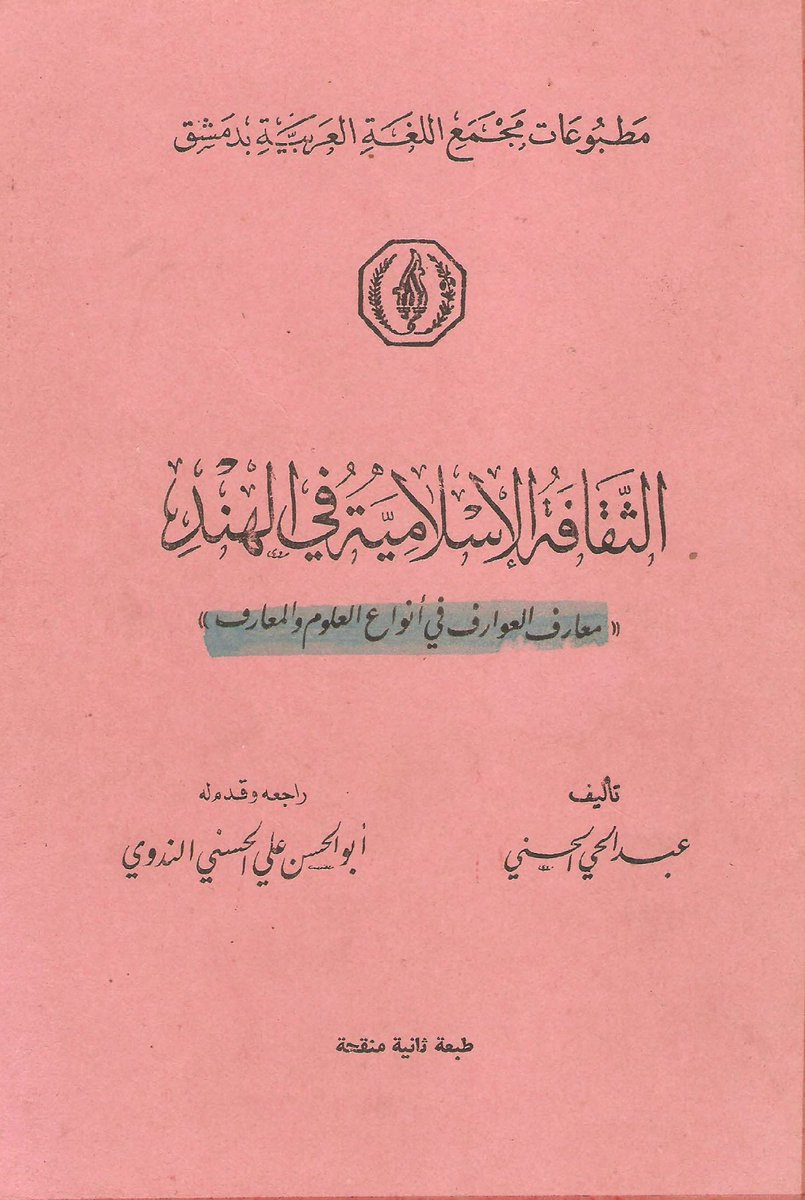
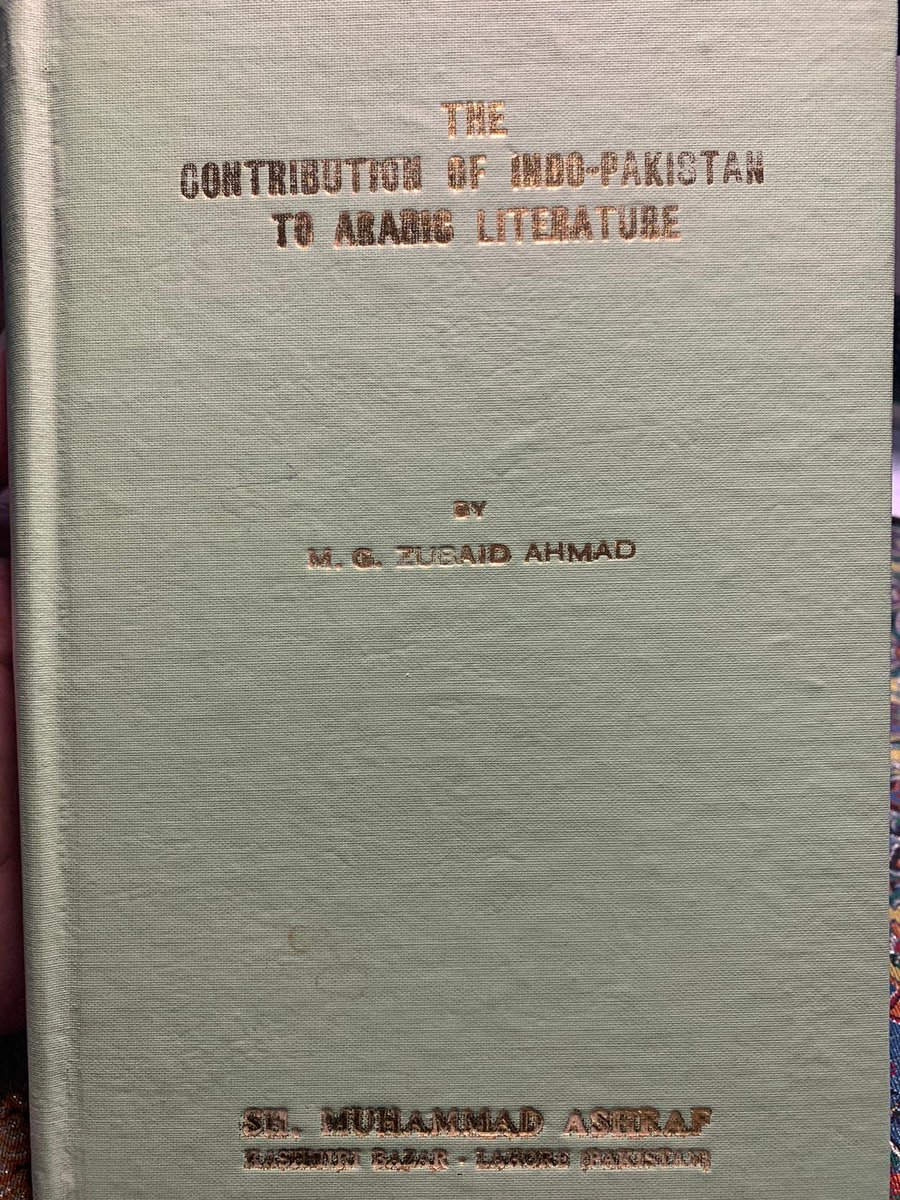
Central to the corpora of texts is the notion of the rational or intellectual disciplines - the maʿqūlāt - as opposed to the scriptural disciplines based on revelation or the manqūlāt 5/
The maʿqūlāt are divided into: 1) ʿilm al-kalām or systematic works of philosophical theology 2) Ādāb al-baḥth or works on dialectics and disputation theory 3) al-ḥikma or philosophy more properly speaking from the Avicennian traditions 4) al-Manṭiq or logic 6/
Kalām: two major doctrinal works were al-ʿAqāʾid al-Nasafīya of Najm al-Dīn Abū Ḥafṣ ʿUmar al-Nasafī (d. 1139) and al-ʿAqāʾid al-ʿAḍudīya of ʿAḍud al-Dīn al-Ījī (d. 1355) through the glosses of Jalāl al-Dīn Dawānī (d. 1502) and Mīr Zāhid Hirawī (d. 1689) 7/ 

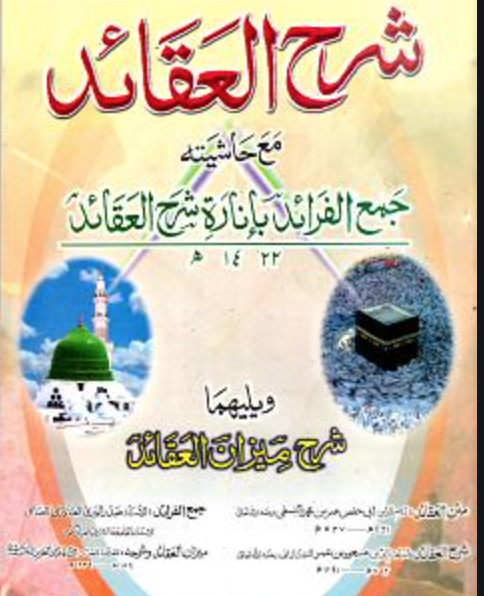

Dawānī wrote two glosses, an older and a newer one and each spawned further second order commentaries; another important commentary by the Ottoman Aḥmad al-Khayālī (d. 1456) 7a/
The complete work was not read but relevant sections; other important theological works included Sharḥ al-mawāqif of ʿAlī al-Jurjānī (d. 1411) on Ījī usually via Mīr Zāhid (especially on the first section on ontology that was important for the study of philosophy and logic) 8/ 

Another important work in this category of which there are numerous examples in libraries is al-Tamhīd li-qawāʿid al-tawḥīd of a little known early Māturīdī scholar 9/ 
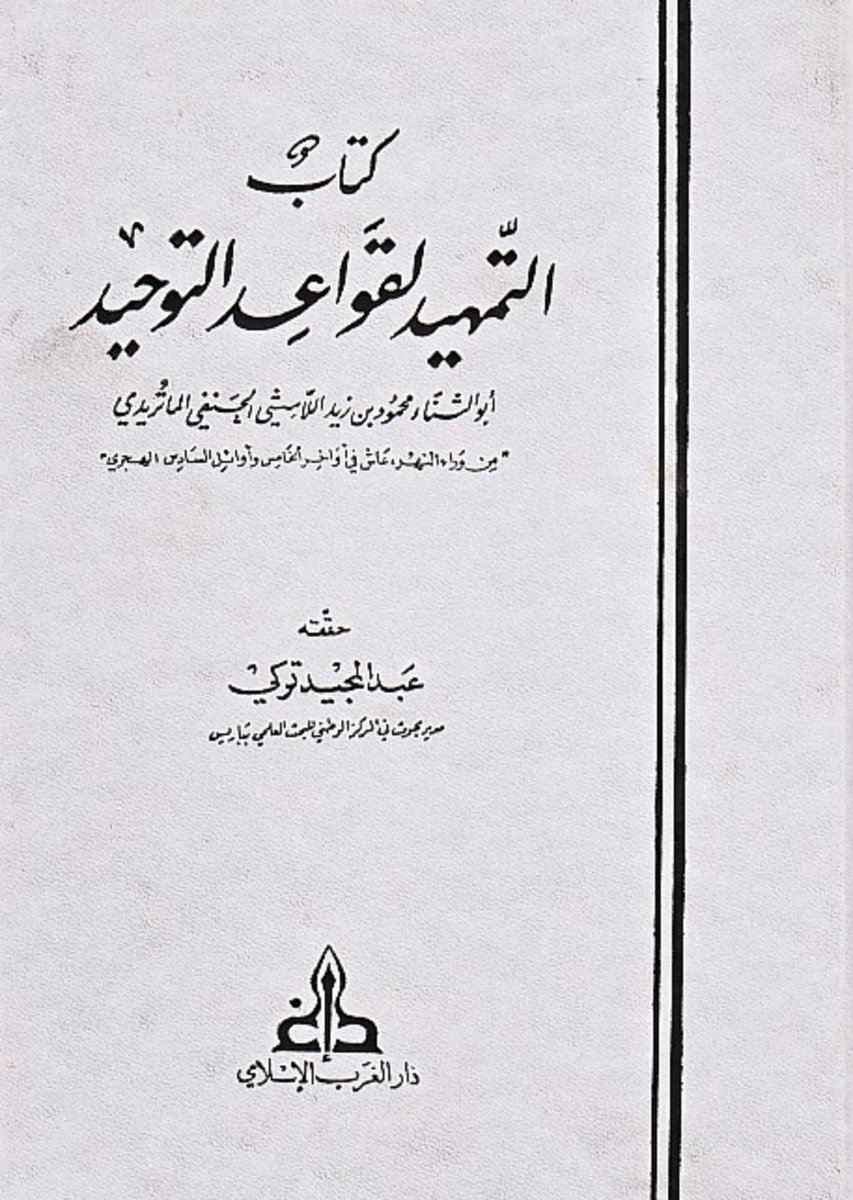
An example of a text that was glossed by both Sunnī and Shiʿi scholars was Shams al-Dīn Iṣfahānī's Sharḥ al-Tajrīd on the work of Naṣīr al-Dīn al-Ṭūsī (d. 1274) - the most controversial sections were the ontology, proof for the existence of God, and the Imamate 10/
What is clear is that the tastes of Indian scholars (both Sunnī and Shiʿi) in the maʿqūlāt were an inheritance of the curricula of Shiraz and to an extent Central Asia (Samarqand and Bukhara) - this is indicated in the work of Ihsan Fazlioglu and Asad Ahmed 11/ 
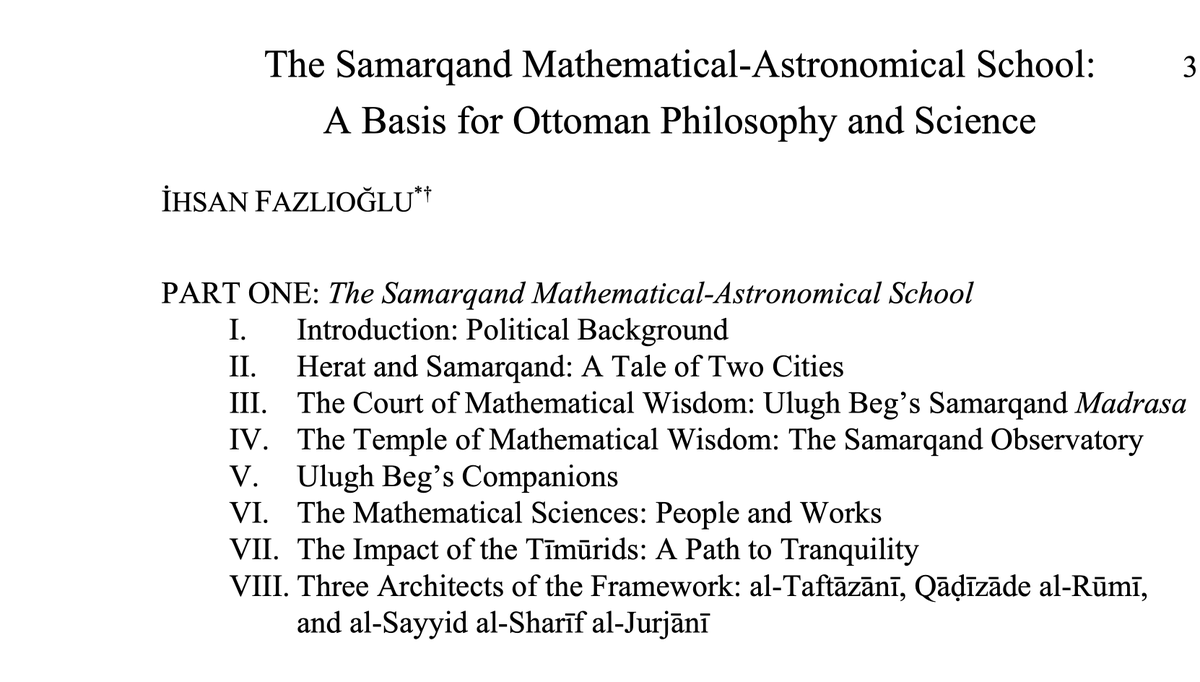
The Māturīdī emphasis among Sunnī scholars was clear even in the original texts produced such as al-Risāla al-khāqānīya of ʿAbd al-Ḥakīm Siyālkūtī (d. 1656) and in the theology of Musallam al-thubūt of Muḥibullāh Bihārī (d. 1707) 12/ 


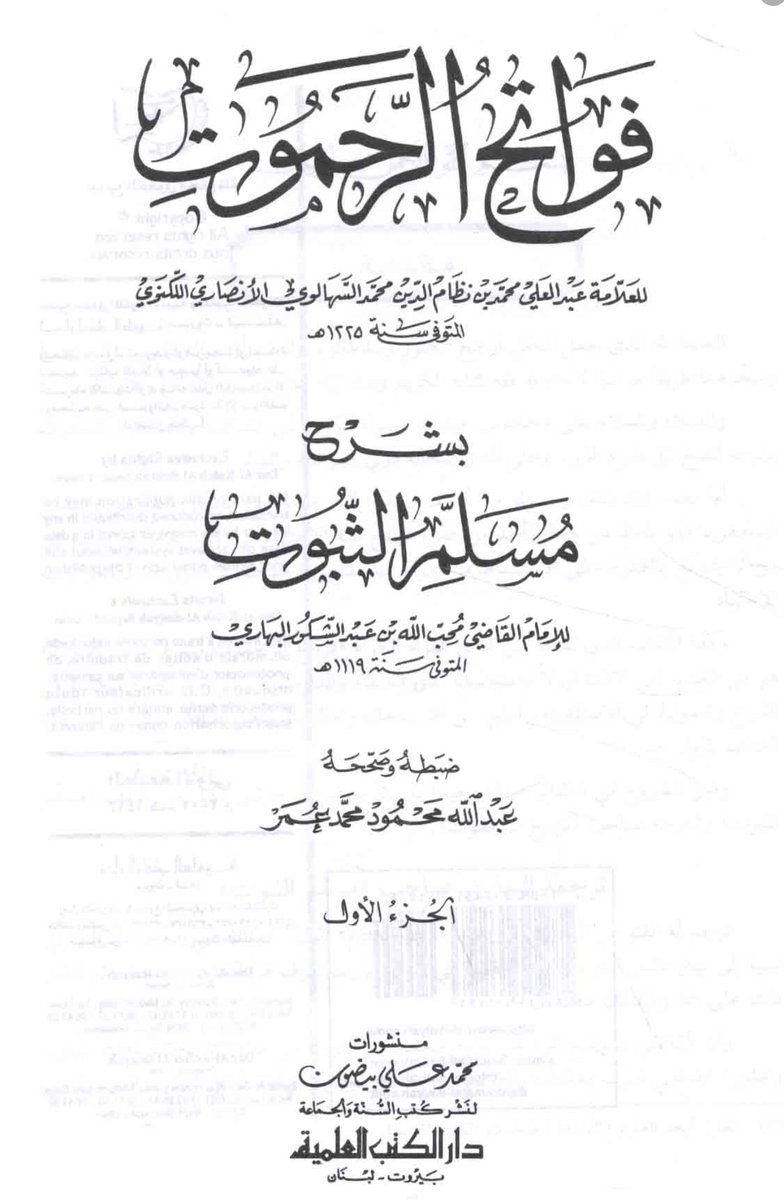
While most accounts link the networks and commentaries to the figures of the Farangī Maḥall starting with Mullā Niẓām al-Dīn Sihālvī (d. 1748) back to Mīr Faṭhullāh Shīrāzī (d. 1589), there were other important figures in differing traditions 13/
For example, Wajīh al-Dīn ʿAlawī Gujarātī (d. 1590), better known as a hadith scholar, wrote on the glosses of Dawānī on the creedal works as well as on Sharḥ al-Tajrīd 14/ 

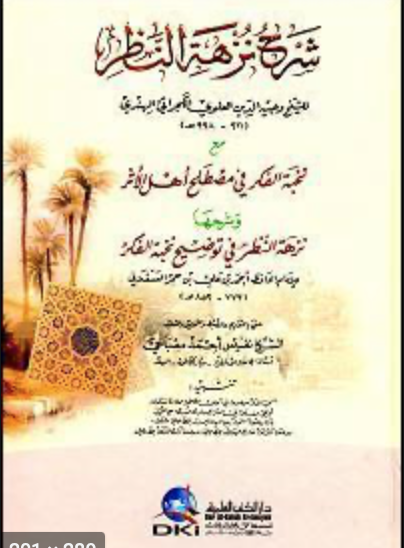

A number of other figures wrote creedal works (ʿAqāʾid) including Sufis such as Sharaf al-Dīn Manērī (d. c. 1381) and Sayyid Ashraf Jahāngīr Simnānī (d. 1386) - Sayyid ʿAbd al-Ḥayy provides a long list of such works 15/
In the latter period one finds the rise of more polemical works on matters such as the nature of divine knowledge, the possibility of God lying (imkān-e kizb), the possibility of God creating another prophet (imkān-e naẓīr) and so forth 16/
These especially arose from the debates between Sayyid Ismāʿīl (d. 1831) and Fażl-e Ḥaqq Khayrābādī (d. 1861) studied by @SheraliTareen newbooksnetwork.com/sherali-tareen… 17/
The second category of rules of dialectics followed the work of Shams al-Dīn Samarqandī that was especially important in Ottoman lands of which a number of manuscripts survived in South Asian libraries (as well as those looted from South Asia) 18/
In this genre, Risāla rashīdīya of Mullā Rashīd Jawnpūrī (d. 1673) was famous along with the glosses of his student ʿAbd al-Bāqī Jawnpūrī - they were part of the circle of the more famous Maḥmūd Jawnpūrī (d. 1652), the Avicennian philosopher 19/
Coming to philosophy proper - both physics and metaphysics - the main text came from Athīr al-Dīn al-Abharī (d. 1263) al-Hidāya with the commentaries of Mīr Ḥusayn Maybudī (d. 1504), but especially Mullā Ṣadrā (d. 1636) - the physics was mainly glossed 20/
There is also evidence the metaphysics text of Mīr Dāmād (d. 1631) al-Ufuq al-mubīn was studied especially because of its important for semantics and logic as Asad Ahmed shows - and also of course the Metaphysics of al-Shifāʾ of Avicenna 21/
The Indian scholars produced glosses on these works - especially the 'Ṣadrā' - but also: 1) al-Shams al-bāzigha of Maḥmūd Janwpūrī (d. 1652) a gloss on his own al-Ḥikma al-bāligha mainly on physics - he also wrote al-Dawḥa al-mayyāda on atomism and hylemorphism 22/
Two other works focused on metaphysics: al-ʿUrwa al-wuthqā of Kamāl al-Dīn Sihālvī (d. 1761), cousin of Mullā Niẓām al-Dīn, and the latter's son Baḥr al-ʿUlūm (d. 1810) and his al-ʿUjāla al-nāfiʿa 23/ 


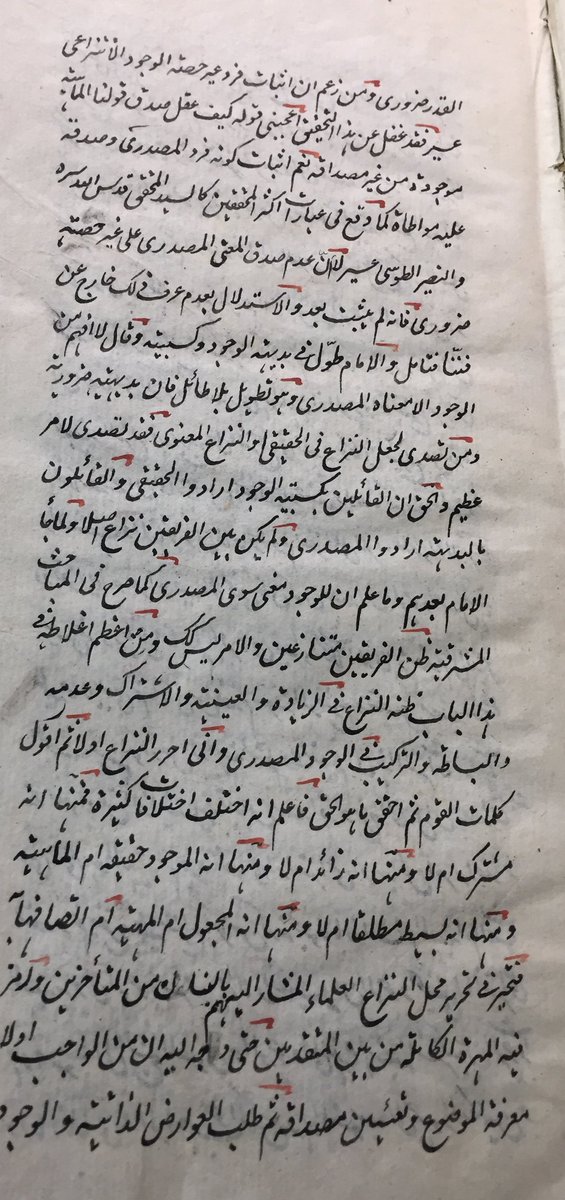
Another important text in physics was al-Hadiya al-Saʿīdīya written by Fażl-e Ḥaqq Khayrābādī (d. 1861) for the Nawab of Rampur Muḥammad Saʿīd Khān (d. 1855) oxfordhandbooks.com/view/10.1093/o… 24/
Finally, and given the very many texts, we come to logic which as Khaled el-Rouayheb and Asad Ahmed have shown was a most productive area 25/ 

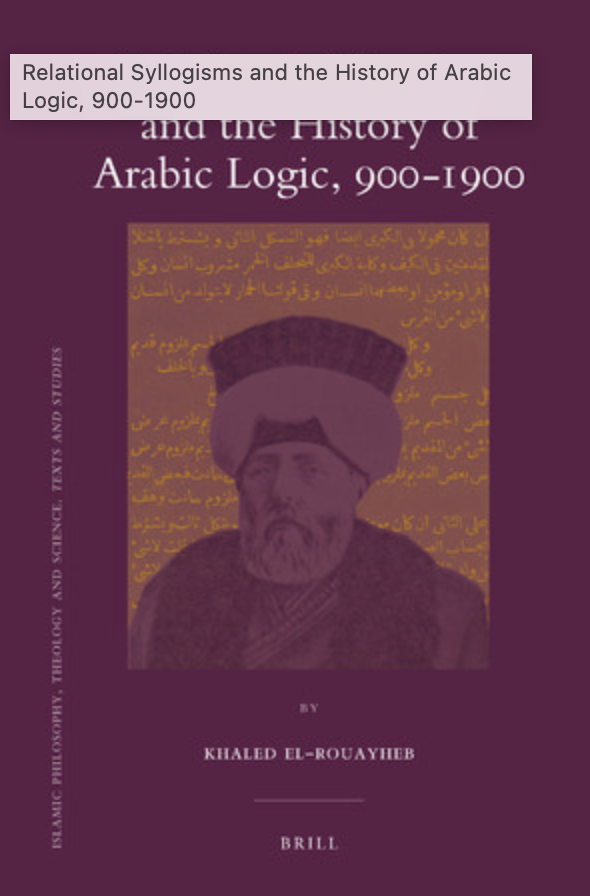

First, the inherited, transmitted and glossed texts included: al-Risāla al-Shamsīya of Kātibī Qazwīnī (d. 1276) through the gloss of Quṭb al-Dīn Taḥtānī (d. 1365) known as Taḥrīr al-qawāʿid al-manṭiqīya, and works of Jurjānī (d. 1413) known as Ṣughrā and Kubrā 26/ 

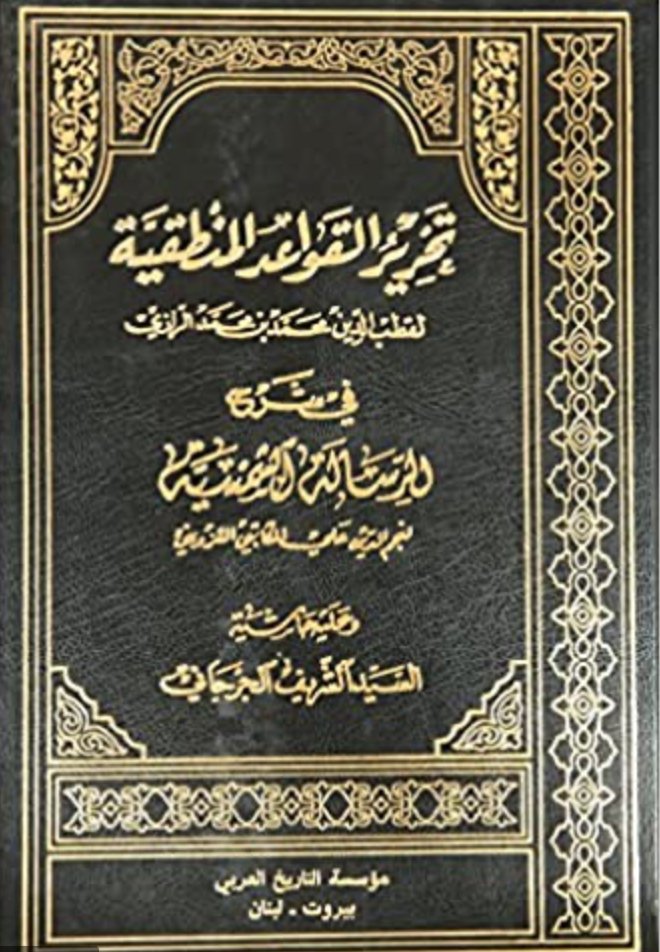
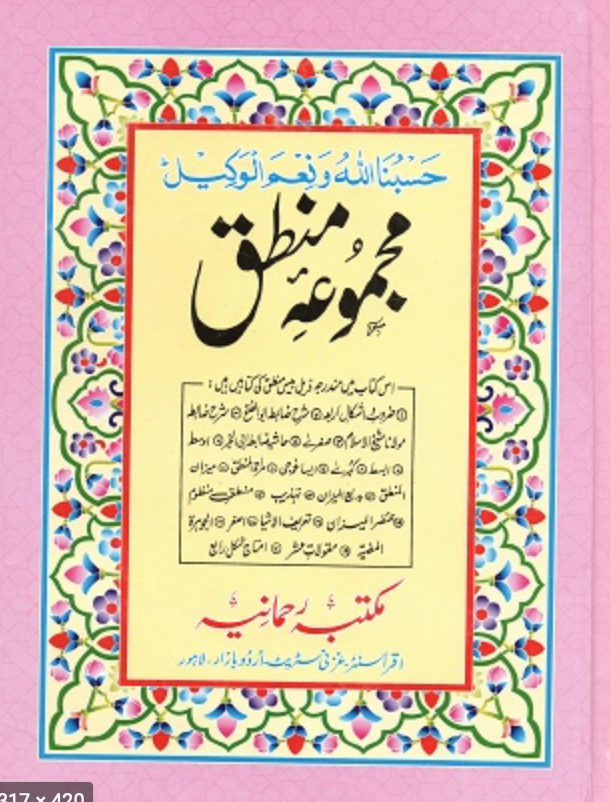
These were studied along with the Tahdhīb al-manṭiq of Taftazānī (d. 1390) through the glosses of Mīr Zāhid and Mullā ʿAbdullāh Yazdī (d. 1586 or 1606) - the latter remains the traditional logic text of the Shiʿi seminary in Iran and Iraq 27/ 

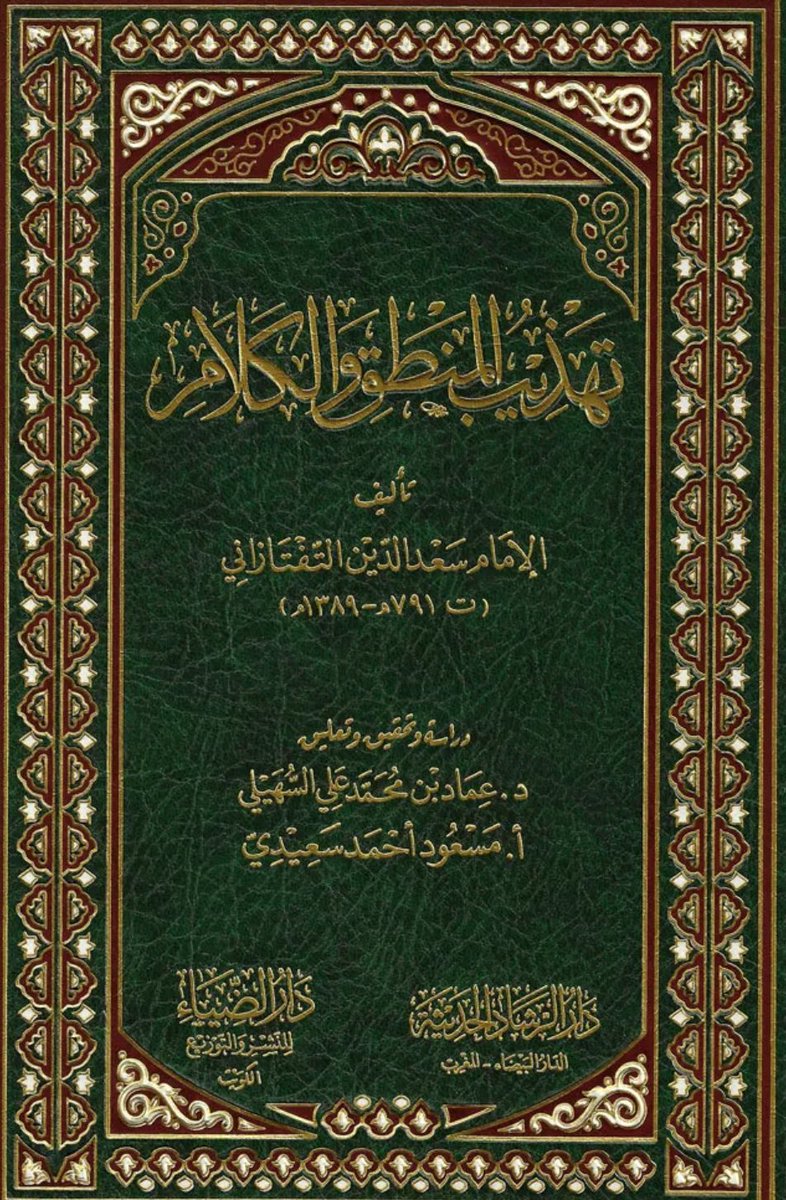
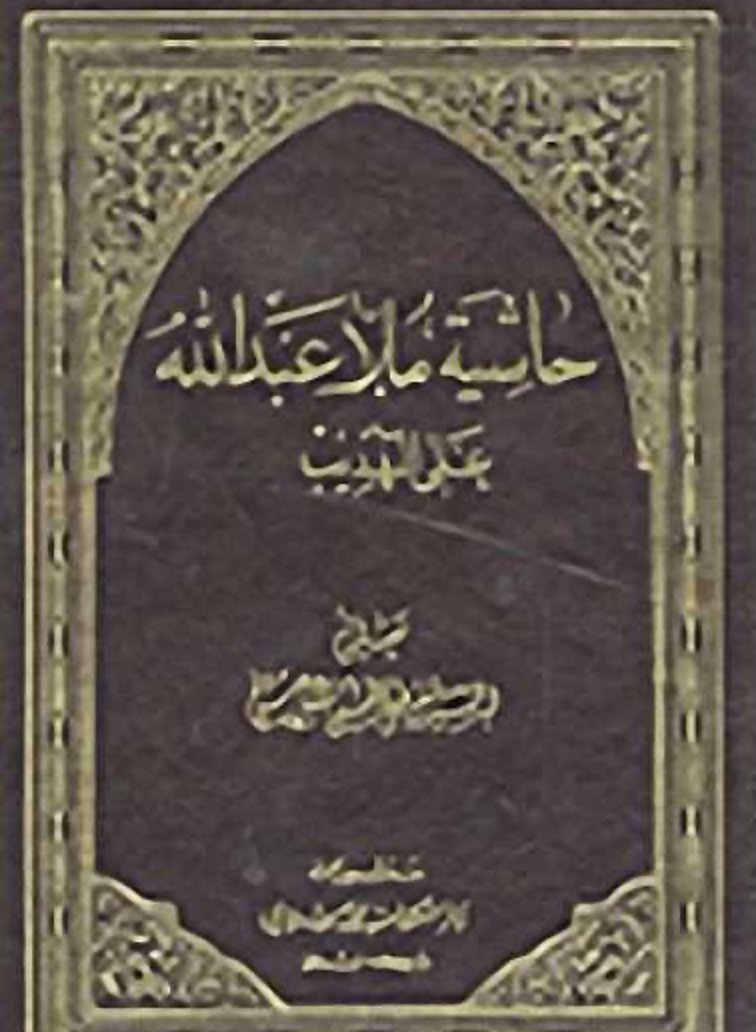
Of works written in India (early ones were al-Durra al-bahīya of ʿAbd al-Ḥaqq Dihlavī and Badīʿ al-mīzān of ʿAbdallāh Tulanbī in the 16th C), is the Sullam al-ʿulūm of Muḥibullāh Bihārī (d. 1707) and the extensive (over 100) commentaries on it 28/ 
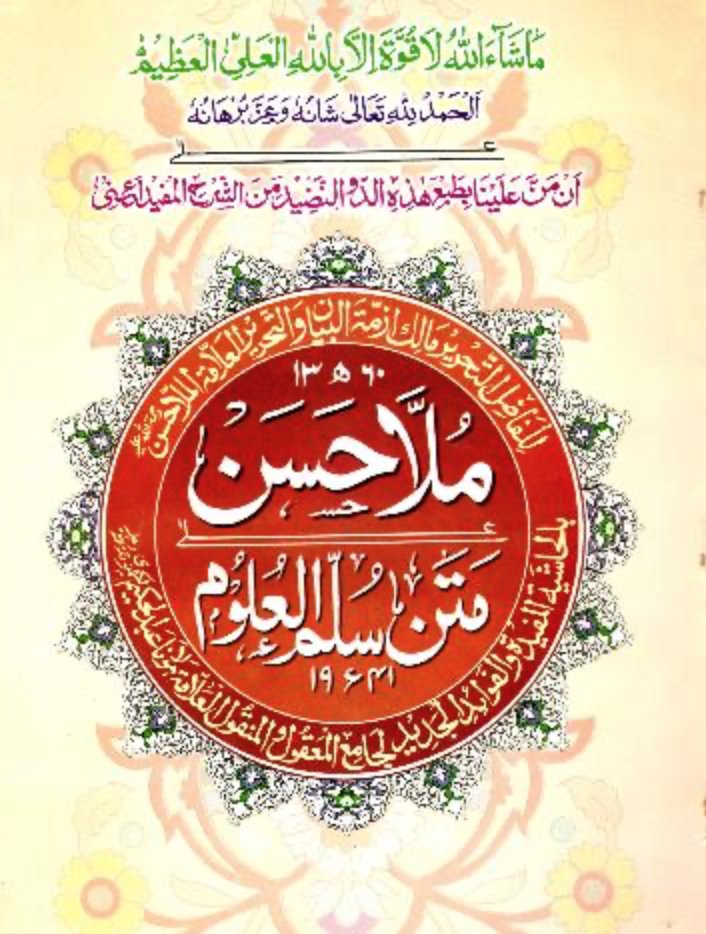
Asad Ahmed has a forthcoming book (with California University Press) on the Sullam with an extensive discussion of the commentaries (levels, languages, contexts) as well as a translation 29/
Like other later works in logic it follows the division into conceptions (al-taṣawwurāt) and assents (al-taṣdīqāt) 30/
One final logic text worth mentioning is al-Mirqāt of Fażll-e Imām Khayrābādī (d. 1827) - a study and translation will be published in 2021 by Brill 31/ 
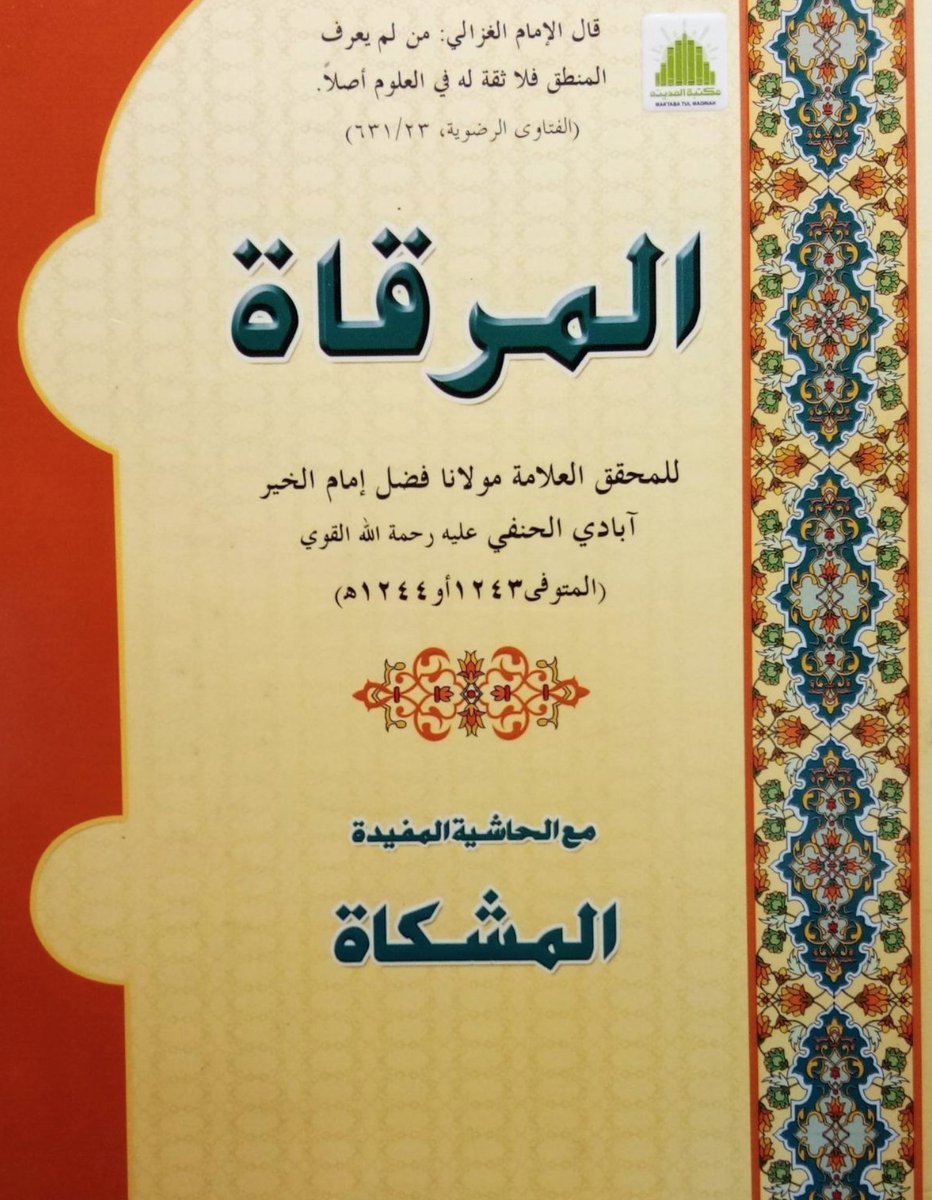
There are just so many texts in the maʿqūlāt in libraries of South Asia - and some of the school texts continued to be studied well into the 20th century, and in the case of logic even now 32/
They not only received and transmitted works from the Shirazi (and to an extent the Central Asian) tradition, but also reworked their interests especially on creedal works (in the polemical context of 18th and 19th C) and in logic 33/
That story that is essential to understanding the #intellectual_history - and the history of philosophy in #Islam - since around 1700 needs to be mapped and told 34/
• • •
Missing some Tweet in this thread? You can try to
force a refresh

